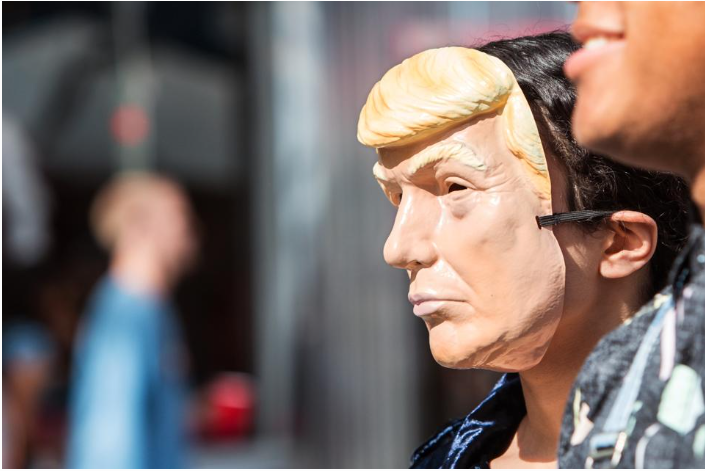
It’s one of the most searched — and debated — questions about modern political figures. In an era where people crave “realness” from public figures, the line between authenticity and performance is blurrier than ever. Some praise Trump as refreshingly unfiltered, while others dismiss his persona as calculated. But what actually makes a leader authentic, and does Trump fit the bill?
Understanding this starts with defining what “authentic leadership” means. Most leadership experts agree it involves self-awareness, consistency, transparency, and staying true to one’s values. Authentic leaders are perceived as trustworthy, morally grounded, and relatable — not necessarily because of what they say, but because how they say it feels aligned with who they are. With that lens, let’s explore whether Trump’s leadership style truly reflects authenticity — or something else entirely.
Trump’s Leadership Through the Lens of Authenticity
To assess whether Donald Trump is an authentic leader, we can look at four widely accepted hallmarks of authentic behavior: brutal honesty, adherence to core values, disregard for public opinion, and bringing one’s whole self to work.
Trump is blunt and speaks his mind — often with little regard for political correctness — which some see as honesty, even if his statements are factually debatable. He rarely apologizes or recalibrates based on criticism, reinforcing the impression that he “sticks to his guns.” Moreover, Trump doesn’t compartmentalize; his personal and professional personas are indistinguishable. Whether tweeting at 3 AM or addressing the nation, he’s consistent in tone and temperament — an authenticity signal many supporters value deeply.
Why Trump Feels “Real” to Supporters — and Fake to Others
Authenticity, especially in leadership, is not just about behavior — it’s about perception. For Trump’s base, his disregard for convention is proof that he’s “the real deal.” He doesn’t filter himself or pander to the media, and that defiance of political etiquette makes him appear genuine. However, critics argue that what seems authentic is often a rehearsed persona — one he’s refined over decades in business and entertainment. Research also shows we often label people we like as “authentic” and those we dislike as “fake,” regardless of their actual behavior.
So, is Donald Trump an authentic leader, or just a skilled performer? The answer depends largely on your values, your expectations of leadership, and how much weight you place on emotional resonance over traditional competence.
The Leadership Paradox: Authenticity vs. Effectiveness
Here lies the deeper insight: even if Trump is perceived as authentic, does that make him a better leader? Not necessarily. Many qualities that enhance his reputation for being “real” — impulsiveness, lack of tact, combative rhetoric — can undermine his effectiveness, especially in diplomacy, teamwork, and coalition-building. In fact, leadership coaches might argue that to be more effective, Trump would need to tone down the very traits that make him feel authentic.
Ultimately, the Trump case reveals the paradox at the heart of modern leadership: being true to yourself only works if your “self” serves others well. Authenticity might win trust, but without empathy and judgment, it can just as easily polarize or mislead. That’s why authenticity, while powerful, should never be confused with virtue or capability.
